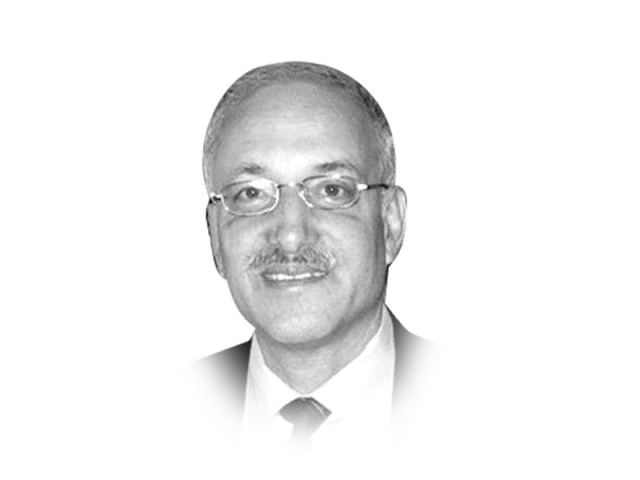The illusion of English for the masses
Knowing the elite English-medium schools will not shift to Urdu, I agree that more English should be taught to masses.

tariq.rahman@tribune.com.pk
Soon, there came research from Unesco and educational linguists confirming that the mother tongue is the best medium of instruction for a child. It helps in concept-formation and, what appealed more to me, it prevents children from looking down at their own people and ancestors and literature. So, I was in academically respectable company though I myself had done no research on concept-formation or academic performance. Others who had reported excellent results from many countries of the world, including India and Pakistan. Then, Zubeida Mustafa came up with a book confirming and emphasising what I had said for other reasons for a long time. But there was one catch. The powerful and affluent elite of Pakistan had invested in English and there was no way they would allow their children to study in Punjabi or Pashto, even if it was for the first few years of their lives. Nor would they allow them to study in Urdu or any other LWC later. They gained their prominence, their class advantage and their social grace through English so it was insane to think they would like this to be altered to the advantage of the have-nots.
It was under these circumstances that the Punjab government introduced English as the medium of instruction in mathematics and science in government schools in Punjab in 2009. The K-P government announced a few days ago that it would do the same. Both governments claim that this is a step to bridge the gap between the haves and the have-nots. If everyone cannot become Urdu-medium, let us make everyone English-medium. I am still against the idea on the grounds that the mother tongue is not the medium of instruction at the lowest levels and that the schools will not be really English-medium ones. The British Council has done excellent work recently when it tested the English language skills of schools in 18 districts of Punjab and found that 62 per cent of the private school teachers and 56 per cent of the government teachers registered the lowest possible scores, i.e., they lack even basic knowledge of English. However, younger teachers are much better than their older colleagues. Moreover, even in English lessons, less than 12 per cent teachers use English all the time (PEELI 2013 by the British Council). This is a blessing since it means that children are surreptitiously taught in a language they actually understand. I hope teachers continue to teach in Punjabi and Pashto, etc. But coming to English, first, the teachers cannot teach it. And secondly, one does not learn it only from teachers. One learns it from the peer group, from parents and through TV and video games, etc. These are missing in the masses and concentrated in the elite. In short, government schools are not really English-medium schools in the sense that the elite English-medium schools are. I doubt if they will ever be but that depends on future policies.
While agreeing that the present policies will not provide English (of the same level as that which is available to the elite) to the masses but only the illusion of doing so, I should oppose the policies of the Punjab and K-P governments. However, reluctantly, I have come to accept some of them under the circumstances. Knowing that the elite English-medium schools will not shift to Urdu, I agree that more English should be taught to the masses. I think that the British Council and other institutions can provide better material and training to teachers to do so. Perhaps, if the textbooks are in English the children will improve their English vocabulary. Maybe, it helps them when they enter university. So let me agree with some aspects of the Punjab and K-P policies after accepting defeat of my ideals. But let me end on the ideals: mother tongue for small children; a language of wider communication for school and English for university — for all.
Published in The Express Tribune, October 28th, 2013.
Like Opinion & Editorial on Facebook, follow @ETOpEd on Twitter to receive all updates on all our daily pieces.















COMMENTS
Comments are moderated and generally will be posted if they are on-topic and not abusive.
For more information, please see our Comments FAQ